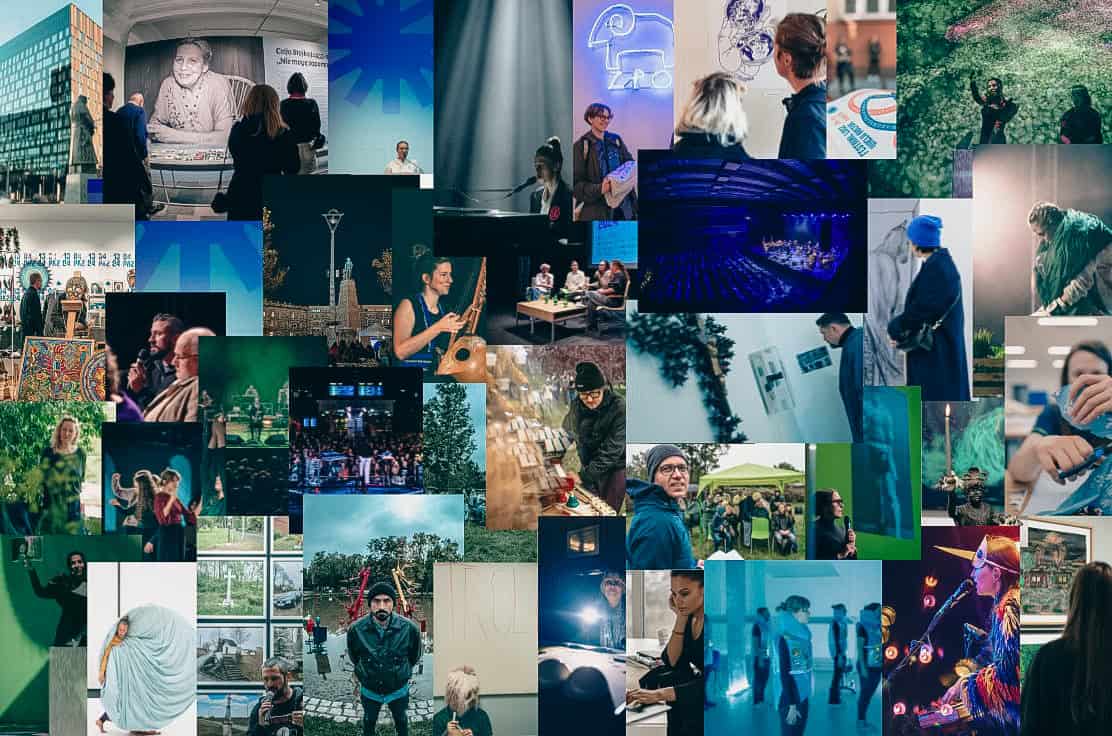This year events
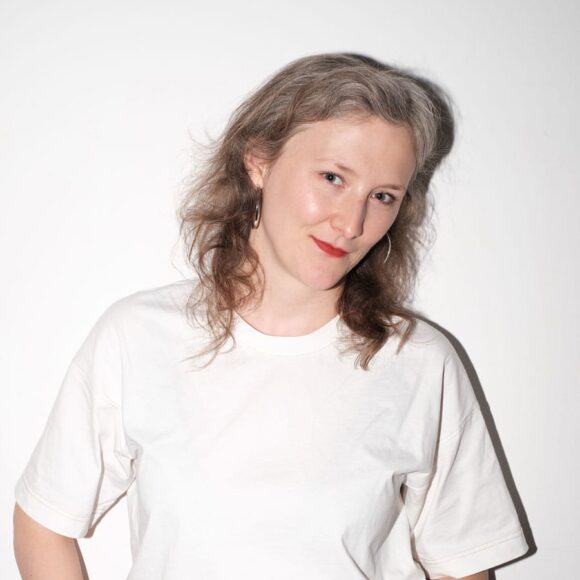
A HEALTHY WORKPLACE: UTOPIA OR GOAL?
Workshops | 9 October 2025 (Thursday) | Dialogue Center
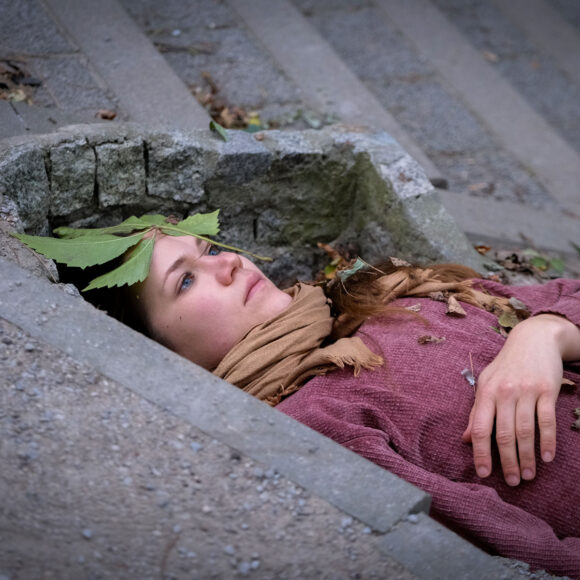
RUCH KU REZYLIENCJI – MOVEMENT TOWARD RESILIENCE
Workshops | 7 October 2025 (Tuesday) |
Dialogue Center
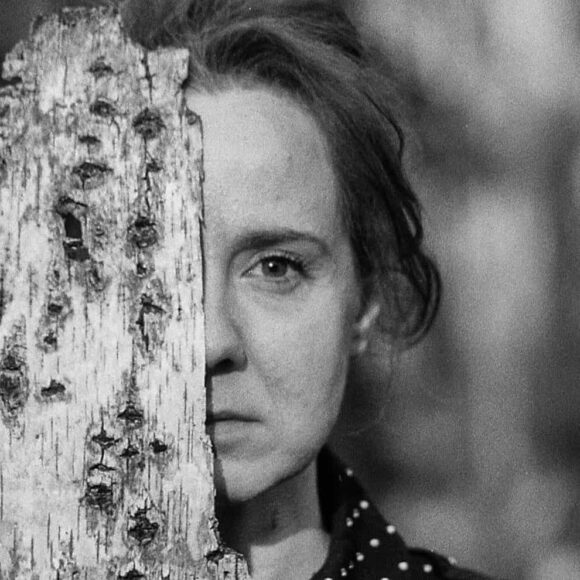
O GRANICACH I SAMOWSPÓŁCZUCIU – ON BOUNDARIES AND SELF-COMPASSION
Warsztaty | 8 października 2025 (środa) |
Centrum Dialogu
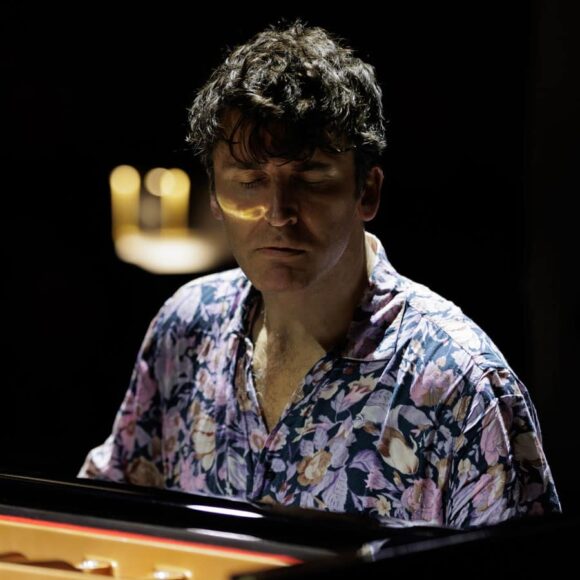
PIEŚNI PRACY – MASECKI PLAYS THE BLUES
Festival opening concert | October 3, 2025 (Friday) | Concert Hall of the G. and K. Bacewicz Music Academy in Łódź
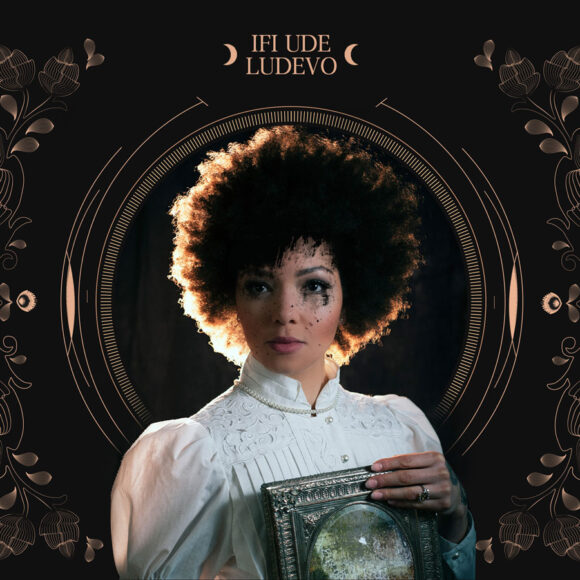
IFI UDE
Concert | 4th of October 2025 (Saturday) | Biedermann’s Factory
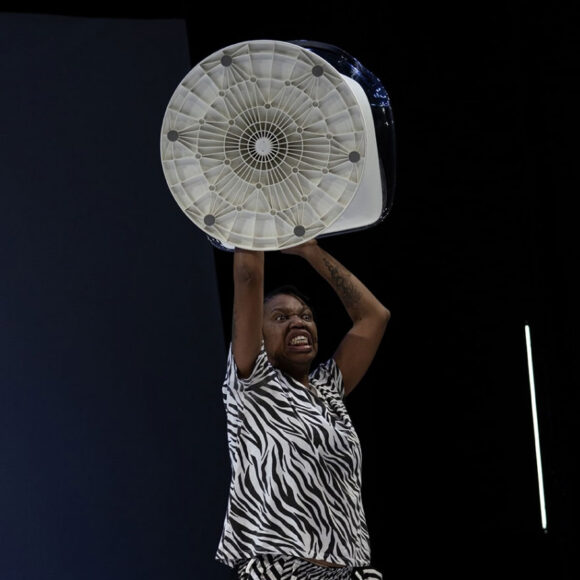
SPAfrica
Performance | October 10, 2025 | Fabryka Sztuki
News
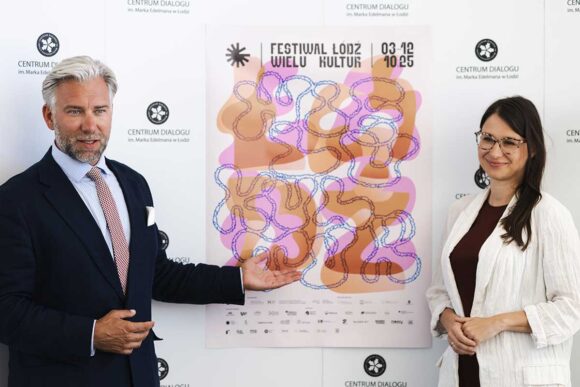
2025 Festival Conference
The Łódź of Many Cultures 2025 Festival conference is behind us. We have announced the first events, which will take place this October in Łódź.
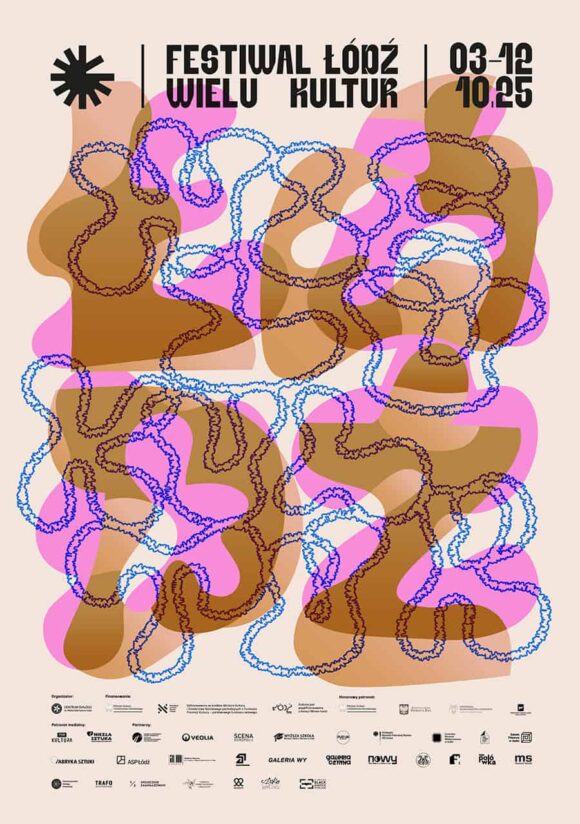
Łódź of Many Cultures Festival 2025 Poster
There it is. The one and only poster for this year’s edition of our festival, by Ola Niepsuj. It will not be long before you will also be able to see it all over the city!
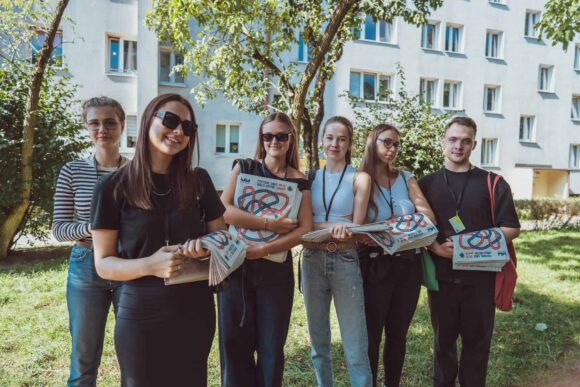
Volunteering at the 2025 Festival
Become a volunteer at the Łódź of Many Cultures Festival and help us create the city’s biggest festival. Find out more in the VOLUNTEERING section.
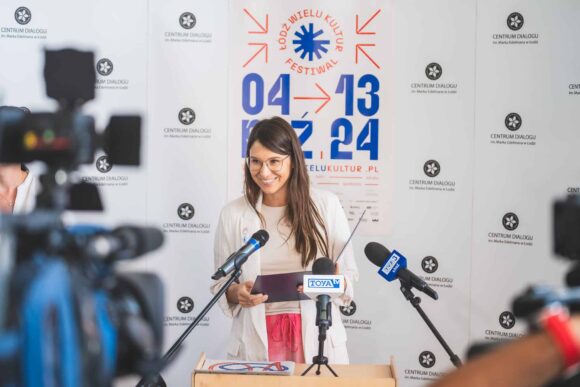
Grant summary UPDATE
We now know the results of all the calls for proposals of the Ministry of Culture and National Heritage in which we competed. We received grants from all 5 of the 5 programs we applied to! It is thus time to introduce the person who made this success possible – Kamila Majchrzycka-Szymańska – the main coordinator of the Festival.
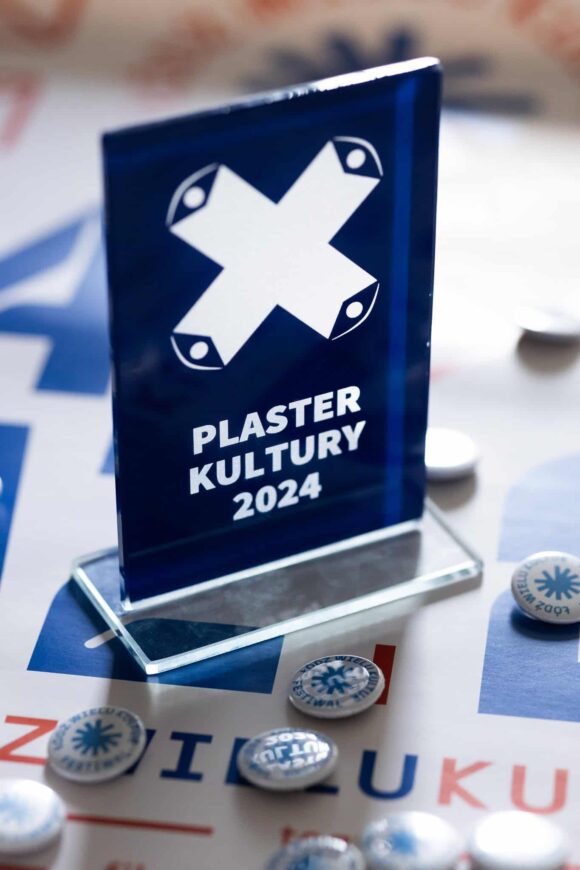
“PLASTER KULTURY” for the Łódź of Many Cultures 2024 Festival
Yesterday, at the House of Literature in Lodz, a gala was held to present the “Plastry Kultury” awards. The Łódź of Many Cultures Festival received a “Plaster” in the EVENT OF THE YEAR category.
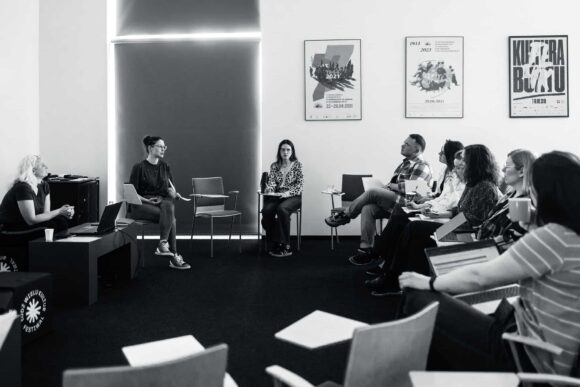
First production and promotional meeting for the 2025 Festival
Our first meeting of this year’s production and promotion team is behind us. We’re preparing a wide range of events for you this October, once again taking place across various locations in Łódź.
